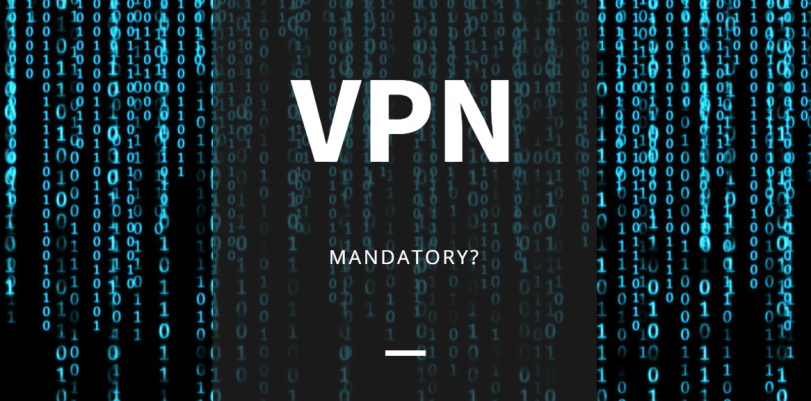By now, you are familiarized with VPN for the most part. Virtual Private Networks (VPNs) are online resources that allow users to encrypt their communications over the web while also hiding their IP address, which is the element that shows their location. The information is rerouted to remote servers that a VPN company manages, avoiding unwanted contact with agents such as hackers, cybercriminals, malware developers, or copyright trolls; while also dodging situations such as geo-blocking, cryptojacking, surveillance, targeted advertising, and censorship.
There are literally dozens of VPN brands currently on the market. We have already shown you what you need to look for in a VPN company here at http://vpntierlist.com/: you want a VPN that is speedy, performs excellent encryption, has several handy features, works for torrenting and streaming, and has a broad server network. Other aspects, such as a no-logging privacy policy, proxy tools, fair prices, multiplatform compatibility, and multiprotocol availability are also desirable.
However, it is not always easy to rank every VPN provider according to the things that it offers. That is the primary purpose of a VPN tier list.
So, what is a VPN tier list?
A VPN tier list is a useful tool that can help you evaluate several offerings of specific VPN providers and make a decision based on the best overall package, or the one that suits your needs in a better way.
The idea of a VPN tier list is to establish a ranking based on tiers, or groups. All VPNs located in the same tier are very similar and can be considered as direct alternatives, but a brand that is in a lower tier should not receive the same consideration as one in the top tier.
Here at our sister site VPN Tier List, we have established our own tiered ranking. We have put together five different tiers or groups, and we have ranked 12 VPN companies so far.
The first brand in the tier list is TorGuard, which is in a tier of its own: the God Tier. It means that it offers the best overall package for a fair monthly cost. Then, there are four more tiers: 1, 2, 3, and 4.
Only AirVPN is in Tier 1. The brands in this group are very respectable with great speeds, security, and reputation, but are missing a couple of small details that prevent them from joining the God Tier.
Tier 2 contains excellent VPNs in their own right, but have some issues in specific categories. They may be too expensive, have bad customer support, or slight privacy, encryption, or even track record questions marks. Private Internet Access, Windscribe, IPVanish, VPN.AC, Perfect Privacy VPN, and SaferVPN are in Tier 2.
Tier 3 is formed by brands that have more evident issues. For example, they may be drastically overpriced, slow, or have done some questionable things in the past. We don’t recommend the companies that are here (and later tiers, for that matter,) which are ExpressVPN and SurfShark.
Lastly, Tier 4 contains VPNs that you should avoid at all costs because it would be better for you not to use a VPN than implementing one of these: NordVPN and ProtonVPN. Tier 4 VPNs can be risky for your online safety and put you through unwanted commitment models. They often engage in false advertising, as well.
A VPN tier list helps you identify excellent deals, like TorGuard, and avoid brands with severe questions marks like those in the Tiers 3 and 4.
